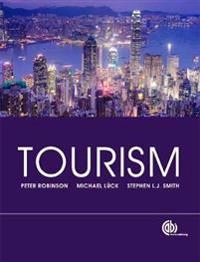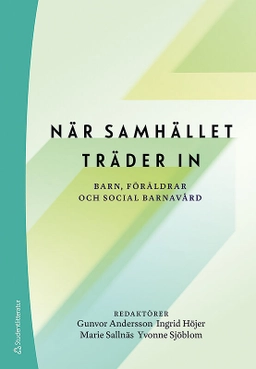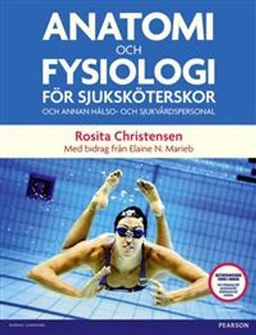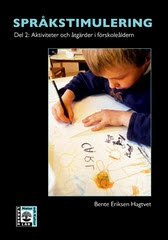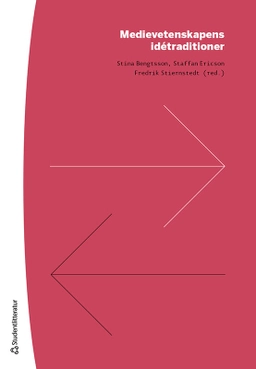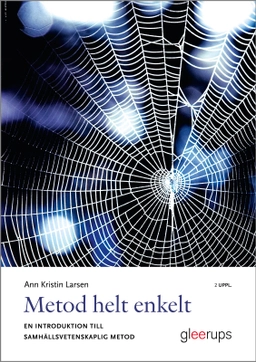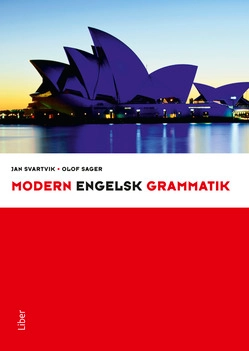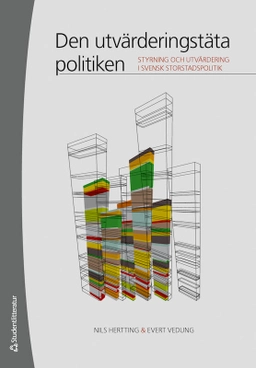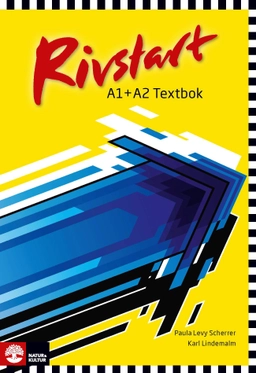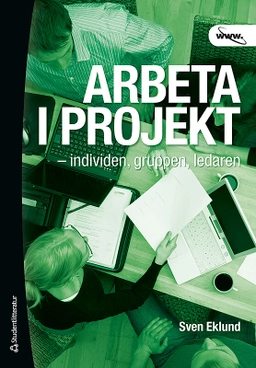Covering the fundamental topics in tourism studies this textbook for undergraduate students provides a thorough exploration of tourism as it is taught in higher education. Introducing tourism as an academic subject and guiding students through the early years of their tourism studies Tourism is relevant not just to tourism courses but also leisure, events, transport and travel, hospitality and business studies. Postgraduate students will also find it a valuable refresher to general tourism topics. The text is presented to reflect current teaching methods and provide an up-to-date perspective in an accessible way. Tourism begins by addressing tourism perspectives - defining tourism and setting it in a real-world business and economic context, before considering tourism people with a two-pronged approach - those employed in the tourism sector and travellers, visitors and holiday-makers who consume tourism products. Thereafter the operational elements of tourism are described in-depth: the infrastructure, facilities, legislation, financing, destination management and destination strategy that support tourism operations. Tourism development is the theme of the next section, introducing the concepts of planning, the role of organisations, tourism impacts, rural tourism, resources and sustainability. The book concludes with a discussion of tourism futures - tourism research, change, postmodernism and globalisation, and describes emerging tourism trends such as space tourism, virtual reality and the slow movement. Authored by established experts from North America, Europe and Australasia Tourism provides a truly international coverage of the subject, applicable to students in all geographic regions. Chapters have been laid out to guide students through the subject in a logical way and pedagogic features such as learning objectives, chapter introductions, chapter reviews, review questions and question-and-answer sections help to reinforce important concepts and aid learning. While informative features including case studies, figures, industry comments, career profiles and destination profiles provide a stimulating and enlightening insight into the current state of the tourism industry and those who work within it.
Åtkomstkoder och digitalt tilläggsmaterial garanteras inte med begagnade böcker
